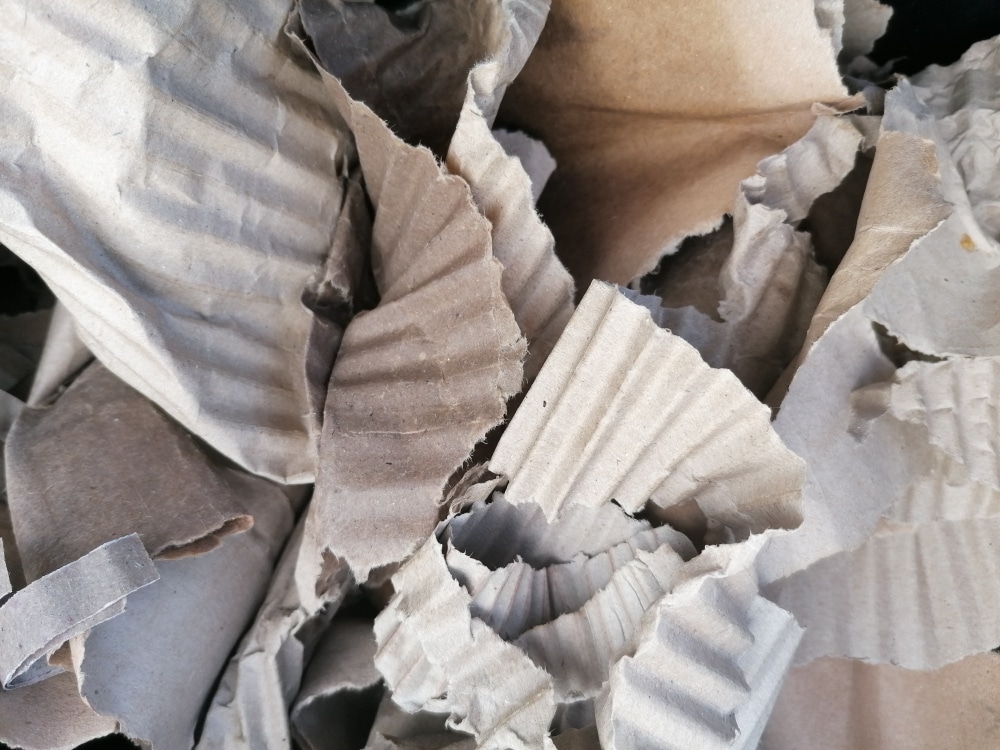explanation of overwintering compost worms
Category: compost worms
Why doesn’t a worm bin stink?
A well-functioning worm bin smells like fresh forest soil, with perhaps a hint of coffee or banana, just what you fed to your worms last. Compost worms eat your waste as soon as it starts to rot. Before the bacteria that cause the stench of rotting fruit can develop. Only if you feed your compost… Continue reading Why doesn’t a worm bin stink?
Anti-snail tip
A few snails in your Balkonton is not a problem: they eat the dead worms, digest waste. but unfortunately they also eat your plants. Anti snail tip: wrap some copper wire around the legs of your Balkonton or vegetable garden container. They never get over that. Make sure that the wire is ‘grounded’, so either… Continue reading Anti-snail tip
Catching compost worms
I’m currently experimenting with ways to catch tiger worms (or compost worms) myself. Of course you can just buy them, but catching them yourself seemed like a nice idea. Here is the first report of my progress. I would love to hear your experiences and tips! The goal is to collect the best tips. On… Continue reading Catching compost worms
Tips to control the humidity in your Balkonton
A good humidity in the Balkonton is important: not too dry, but certainly not too wet. Compost worms breathe through their skin. They can even drown if it gets too wet. The contents of your worm tube should be about as moist as a squeezed sponge. Balcony barrel too dry? A worm tube that is… Continue reading Tips to control the humidity in your Balkonton
The benefits of worm droppings or vermicompost
The compost worms in your Balkonton or worm bin digest your organic waste. What remains is ‘vermicompost’. A mixture of worm droppings, fungi, bacteria, and organic matter. This worm droppings can be used as fertilizer. Worm compost has many advantages over other fertilizers. To name a few: 1: Your plants grow faster Worm droppings contain… Continue reading The benefits of worm droppings or vermicompost
How much waste can compost worms convert per day?
The Eisinia Fetida can, under ideal conditions, convert approximately its own weight in waste per day into vermicompost. In addition, the volume of your waste shrinks to 20% of the waste volume. The Eisinia Hortensis eats a little less, but has other positive properties. If you start your Balkonton with a handful of worms, you… Continue reading How much waste can compost worms convert per day?
What are the best compost worms?
Suppliers of worm boxes swear by a mix of Eisinia Fetida and the Eisinia Hortensis for a quick conversion of many organic waste to vermicompost. (source: http://www.duurzametuinartikelen.nl/wormen-voor-een-wormenbak) We also recommend this mix for the Balkonton. Especially because the Eisinia Hortensis not only converts plant material into compost, but also contributes to improving the soil… Continue reading What are the best compost worms?
What is the difference between earthworms and compost worms
Sometimes the name earthworm is used as a collective name for all kinds of worm species. But usually this means the gray worm or Aporrectodea calliginosa. Grey worms are soil dwellers. They eat themselves through the soil and that is good for the soil structure. In the Netherlands, this is the most common worm. They… Continue reading What is the difference between earthworms and compost worms














